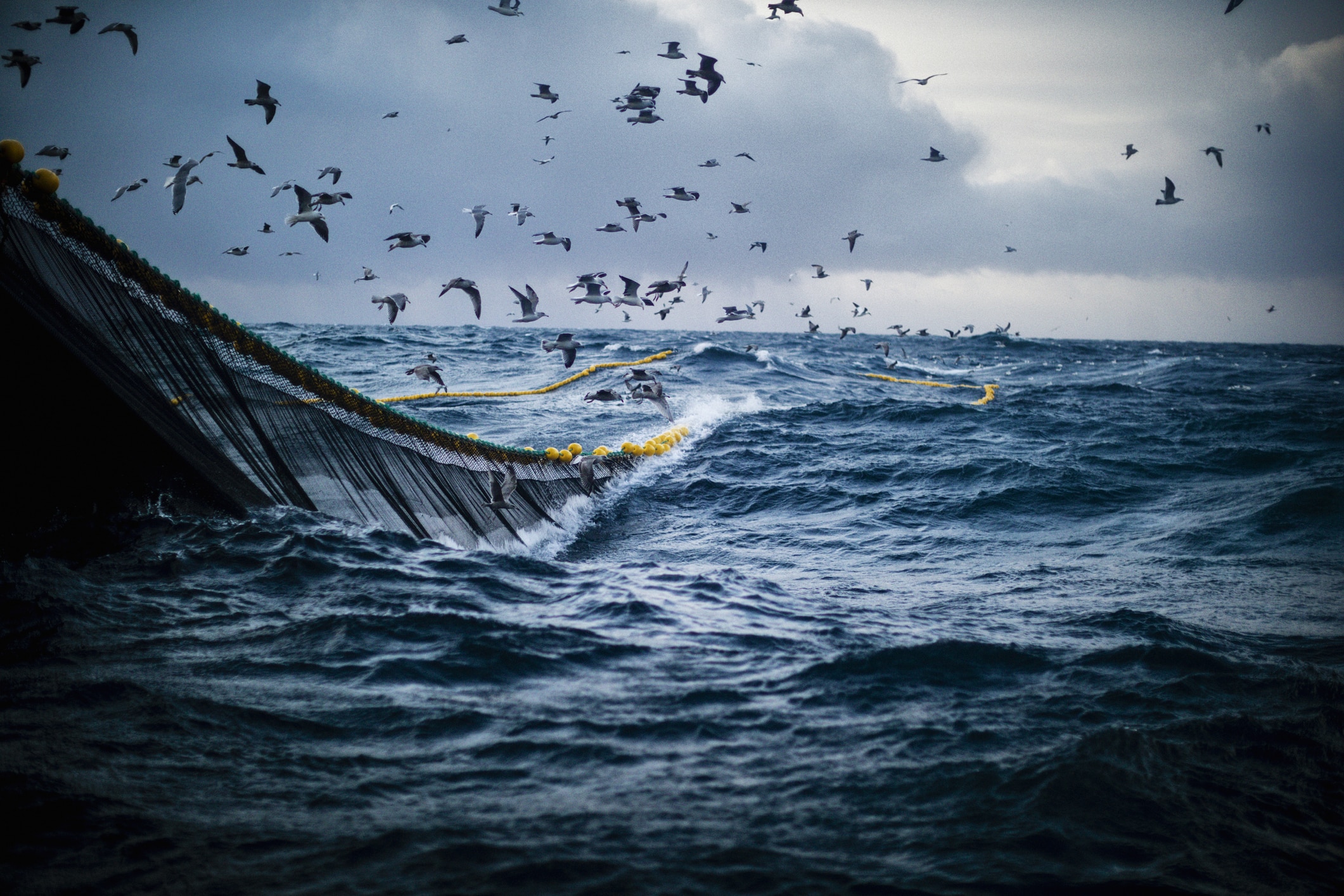What fishing quota do the Nordic seabirds get?
As long as the seabirds are starving, we cannot be satisfied with the allocation of quotas.
 Getty Images/iStockphoto
Getty Images/iStockphotoWe live by one of the world’s richest seas. In few places on the planet has the sea harbored fish in greater numbers: herring, sprat, mackerel, gray mullet, sandeel in huge shoals. Together with shrimps and other small animals, they are food for cod, tuna, marine mammals and seabirds. They are the basis for some of the world’s most important fisheries, ecosystems and living coastal communities. Despite the fact that the herring and other fish species have been saved from total collapse, the fish stocks and ecosystem health in the North-East Atlantic have steadily deteriorated in recent decades.
Marine fisheries scientists and conservation experts from many of these countries thus met in Reykjavik recently, co-hosted by Landvern, to discuss the need for change in fishery management to ensure fisheries across the Northeast Atlantic Ocean continue to thrive for the long term. Our NGOs this week also, together, send an open letter to all governments around the Northeast Atlantic, calling for the implementation of ecosystem based fishery management in order to build resilient and productive fisheries, and at the same time to maintain and restore biodiversity.
Populations are collapsing
The Convention for the Protection of the Marine Environment in the North-East Atlantic («OSPAR Convention») published its latest status report (Quality Status Report 2023) on the environmental quality in our sea areas this autumn. The report paints a picture of an ongoing and extensive deterioration of the marine environment. Several negative trends are mainly driven by fishing pressure. The common fish in the Atlantic has not only become more solitary, but also smaller, younger, and with fewer links to other species. The food networks are weakened. Seabird populations are collapsing, partly due to lack of food, a clear indicator that the Atlantic Ocean has weakened its ecological function.
While OSPAR recognizes that more and more fish species are covered by quota management, the report recommends that decision-makers check more closely how fishing at this level affects the health of the ecosystem. The report also concludes that there is a need to understand the effect climate change has on fish stocks and the ecosystem, and to take this into account.
Limited transparency
Environmental organizations experience being largely kept out of fisheries management. Many coastal communities probably also experience the same. Fisheries regulations are often set in closed rooms where only central authorities, the fishing industry and fisheries scientists participate. Quota setting and distribution are difficult to understand, and input from local communities, coastal fishermen and organizations on environmental concerns is little taken into account.
Coastal state leaders should also be held accountable for flaunting ocean leadership on the global stage. For example, Norway leads the international Marine Panel, Great Britain has promised to be a global leader in marine conservation, and the EU has launched its own marine environment initiatives . It is therefore disappointing that the so-called ocean leaders are still unable to agree on even simple management issues such as quota size and distribution. And sustainability, as you know, is not only about the environment or economic sustainability, but also social conditions and participation. Unfortunately, limited transparency in the decisions makes it even easier for some to prioritize short-term political and economic gains over long-term sustainability.
Fishing resources are important for the world’s food supply and must be managed long-term.
Our governments should therefore seize the opportunity in the autumn fisheries meetings between the countries around the North-East Atlantic and in the annual meeting of the North-East Atlantic Fisheries Commission (NEAFC) to develop a fisheries management based on the best knowledge, stakeholder participation and consideration of the ecosystem. This includes:
- to agree on ecological targets and reference points for fisheries alongside the traditional aim of maximizing catches. For example, it should be a goal to have enough large fish individuals in the ecosystem to prevent «pest species» from taking over, and it must be ensured that there are enough small shoals of fish after the fisheries so that seabirds and coastal populations have enough food in their breeding areas.
- to develop new conservation areas for vulnerable species and habitats, and strengthen protection in the existing protected areas. For example, bottom trawling should cease in all marine protected areas, and at least 30% of the sea areas should be set aside for nature alone, without harvesting, pollution and intervention.
Only by having an ecosystem perspective on fisheries management can we build robust and productive fisheries, and at the same time improve the health of the ecosystems in the North-East Atlantic. As long as the seabirds are starving, we cannot be satisfied with the allocation of quotas.